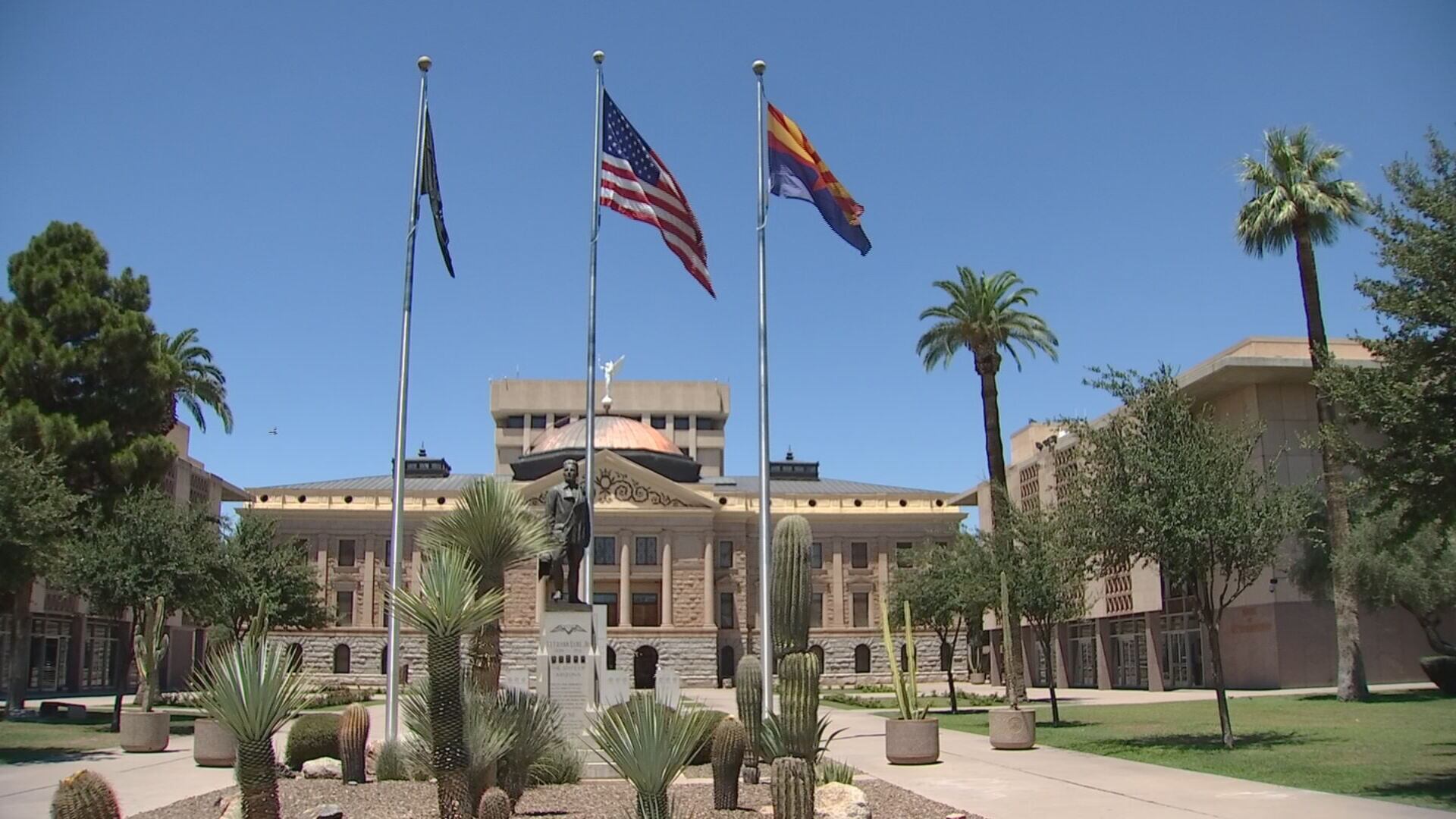TUCSON, Ariz. (13 News) – The Arizona GOP announced late Wednesday that it has reached a
bipartisan budget deal that it expect Gov. Katie Hobbs to sign.
As of 7 p.m., it was unclear what Hobbs was going to do.
The announcement came a day after
Hobbs vetoed GOP-backed spending bills that she said cut too deeply into public safety, health care, and services for veterans.
Lawmakers have until June 30 to pass a budget.
Hobbs has already directed state agencies to prepare for a shutdown.
A lot of people inside and outside of the state government are wondering what that would look like.
This would be the first time in Arizona’s history that the state shuts down, which means there are some unknowns, but likely the impacts would be felt all over and hit close to home in southern Arizona.
“Right now, we are in the bottom of the ninth inning, it’s the late hour, we would’ve liked to see the budget passed in May,” said Pima County Superintendent Dustin Williams.
He explained the budget should’ve been finished about 100 days before the deadline – and yet, here we are with just a few days until a shutdown.
“Schools don’t like uncertainty,” Williams said. “They like to have everything, their ducks in a row and everything ready for them to make their budgets work.”
Michael Guymon, chief advocacy officer of the Chamber of Southern Arizona, said while Arizona has not seen a shutdown statewide, it would likely be similar to a federal shutdown.
Meaning operations within the state government would be divided into essential and nonessential services. Areas like state parks would likely fall into that “nonessential” category.
Guymon added that Arizona employs more than 30,000 state workers, not to mention the many schools, local, and small businesses that have contracts with the state.
“We’re certainly concerned that there would not be payment to those if the shutdown happens for a long period of time,” Guymon said.
And Williams said many schools in Pima County could not handle a shutdown for too long, and then they’d seriously feel it.
“Schools can float it through, through to mid-July, but if it went any further than that, some districts could have some very serious issues with payroll and anything that goes along with contracts,” Williams said.
Guymon said the economic impact would be significant, as a shutdown likely means people will choose to spend less money, and the longer it takes, the more lasting the impact would be.
“People in this region, people in the state, are looking for solutions, not stalemates,” Guymon said. “And, so, we’re certainly hopeful, and not laying blame on anyone. But certainly, hopeful that our elected officials will come to a consensus.”
Like Guymon, Williams said he remains hopeful that the governor and state legislature will find a middle ground – and avoid the mess entirely.
And both hope the state never faces this kind of uncertainty again.
You can submit your
breaking news or weather images here
.







